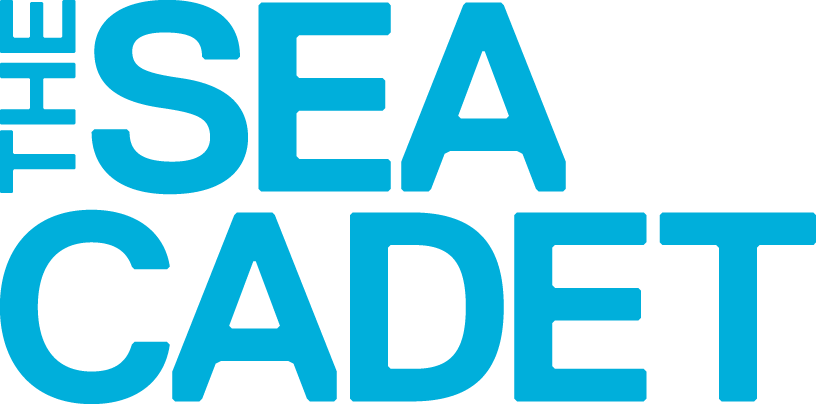Careers: how to become a lifesaver
If you want to a job helping people in life-threatening situations around our coastline, HM's Coastguard could be for you

Name: Kerry Daly-Lees
Job title: Senior Coastal Operations Officer
Tell us a bit about your career path
“I worked for the police for 12 years, then for Highways England, on the motorways. Then I saw an opportunity to work on the coast and, having lived on the coast all of my life, I wanted to get involved, and to give something back.”
What do you actually do?
“I manage teams in three areas: the Isle of Wight, Dorset and Hampshire. I deal with training, human resources and recruitment. All of my team members are volunteers, but I’m a full-time member of staff.”
Do you go out on rescues as well?
“Yes. If there is an incident, where maybe it’s a multi-agency incident, or it’s quite serious, then I’ll get called out to take over responsibility and oversight of that job. The teams also call me if it’s a complicated rescue, and they want to double-check something.”
What kind of rescues do your teams do?
“The teams are trained in water rescue, if someone is in distress, and if someone’s missing. They’re also trained in mud and rope rescue. So, we could have anything from someone who’s got into difficulty in water, someone who’s got stuck in the mud, or who has fallen or got themselves into difficulty on the edge of a cliff.”
Tell us about an exciting incident
“Recently on the Isle of Wight there was a rope rescue of an entire family, by two of our teams. That was a big incident and the teams were really proud of what they’d done. It was in the news.”

Do the areas have any specific challenges?
“They are all quite busy areas that people come to visit on holiday. With the Isle of Wight, the cliffs are quite large on the island and there’s a variety of things that could go wrong for people.”
What’s your favourite part of the job?
“When people say ‘thank you’. We’re just doing our job, but when someone goes out of their way to say it, you realise how much of an impact what we do has had.”
What’s the worst part?
“Sometimes, no matter what we do, someone loses their life. That can be difficult to process. We have support in place when that happens, but it’s something you can’t prepare for. It is part of the job: unfortunately, we can’t save everyone.”
How can cadets work for HM Coastguard?
“You don’t need any previous skills or experience. We train you in everything. If you want experience that might lead to a career, it would be really good to volunteer, which you can do from 18. I did it myself: I was a Special Constable in Dorset Police. It can give you some really good skills that will lead to other opportunities.”
What’s a normal day at work like?
“As well as rescuing people, there’s a bit of paperwork – it’s important to keep accurate records. Today, I’ve been checking emails and looking into an investigation I’m doing. I’m going to do some rope practice: we like to continue our development. I’ve got interviews for recruitment. That’s ‘plan A’, if I’m not pulled out to a rescue – by the end of the day, I might be on ‘plan Z’!”
Would you recommend your job?
“Absolutely. It’s really rewarding. The Maritime Coastguard Agency (MCA) is a good organisation to work for – there are so many different roles, covering counter-pollution, aviation, the shipping register, salvage and more. And because we’re a national organisation, you could go and work anywhere in the country.”

Kerry shares three life skills you need to embark on a career with HM’s Coastguard, one of the UK’s four frontline emergency services:
- Empathy and understanding are really good skills to have. You’ll meet people who you really need to take your time with. You need to understand how they’ve got themselves into those situations.
- A willingness to help others, because you could be called out in all weathers, at all hours of the day and night, sometimes to deal with some quite extreme incidents.
- The ability to remain calm in what can be quite emotive and stressful situations. You need to stay calm so that you can act, and also support the person you’re trying to help to stay calm as well.
More Advice

Course spotlight: Duke of Edinburgh’s Award offshore expedition
Sea Cadets offers the unique opportunity of achieving your Gold DofE with an offshore voyage. Mark Middleton, Deputy Head Offshore Training, tells us more


